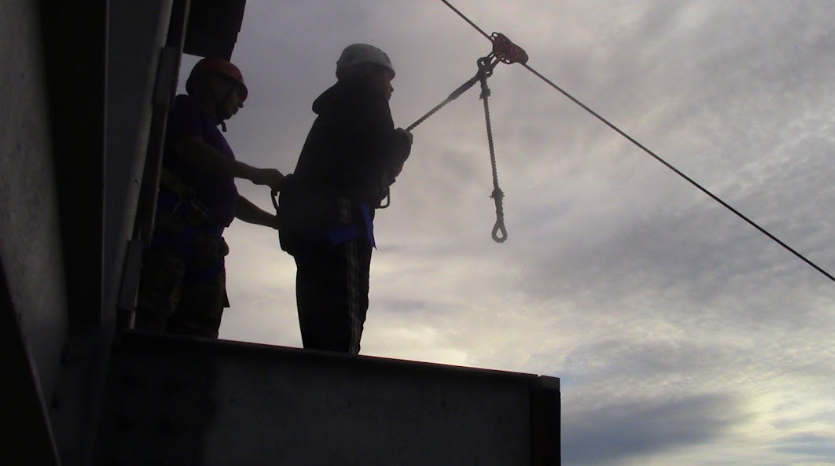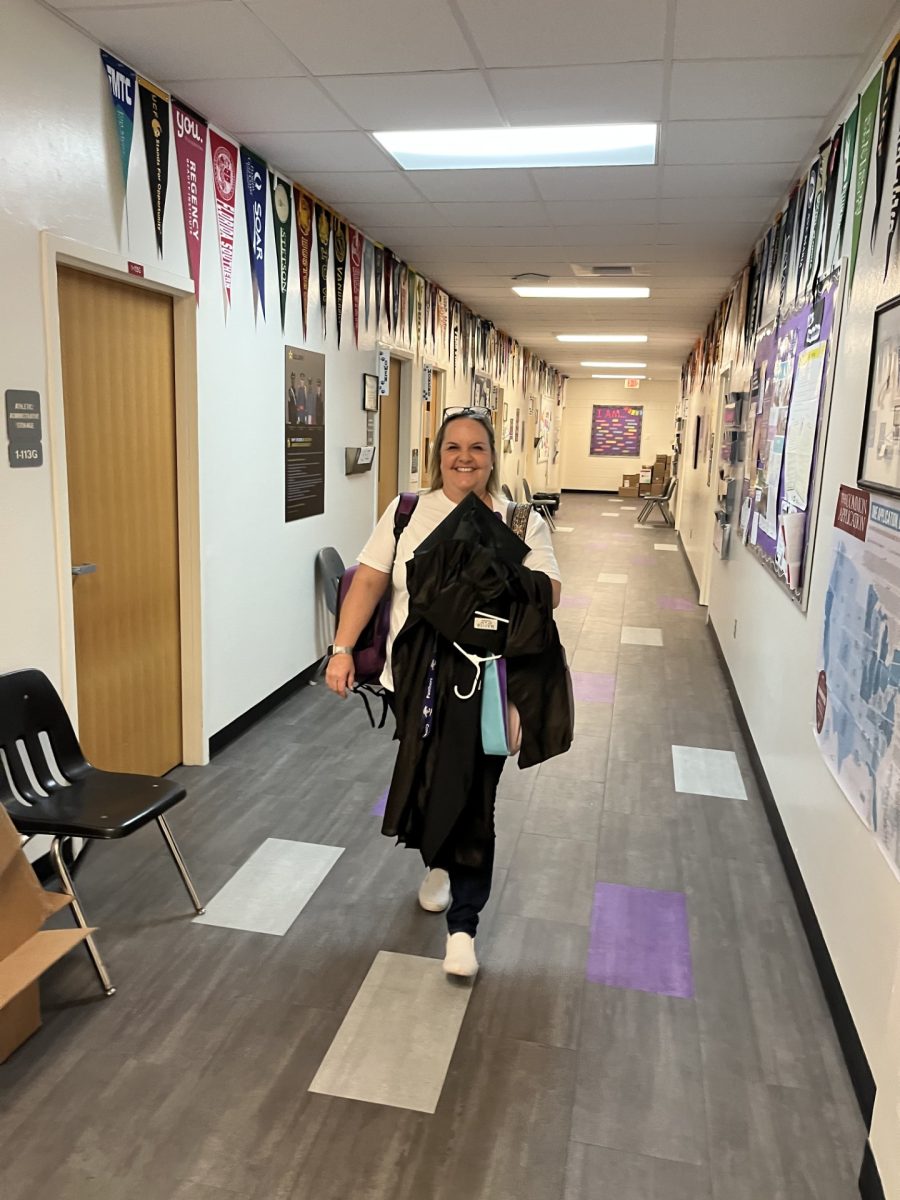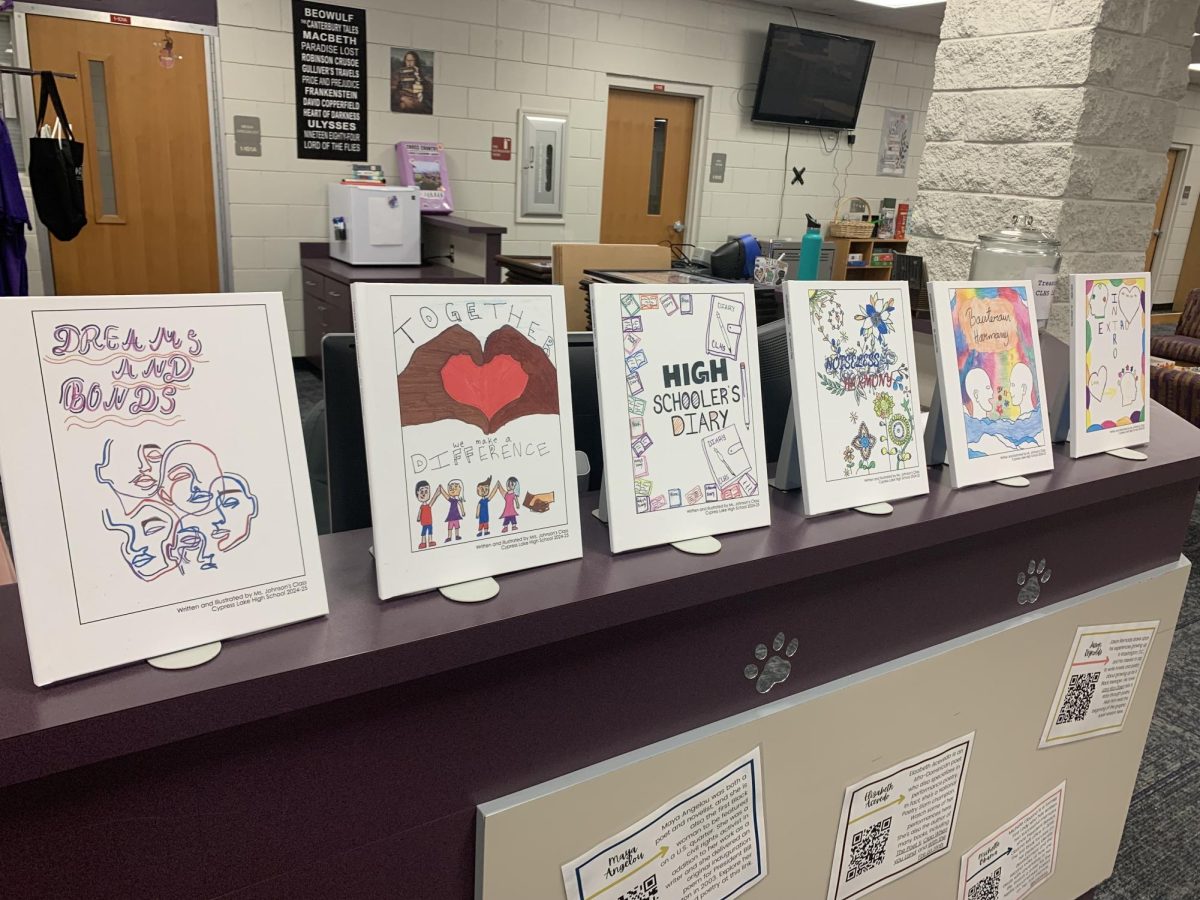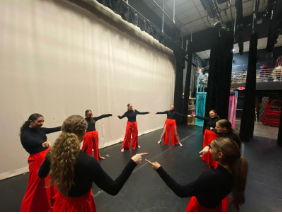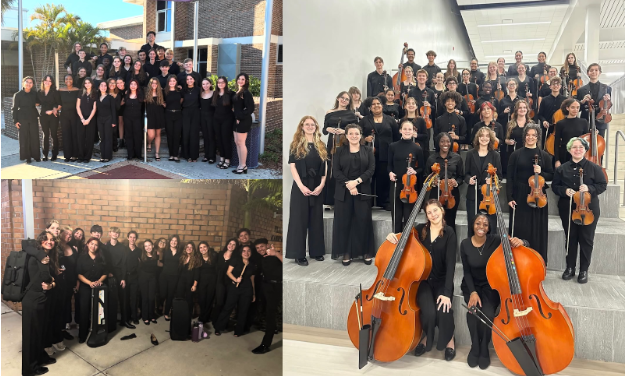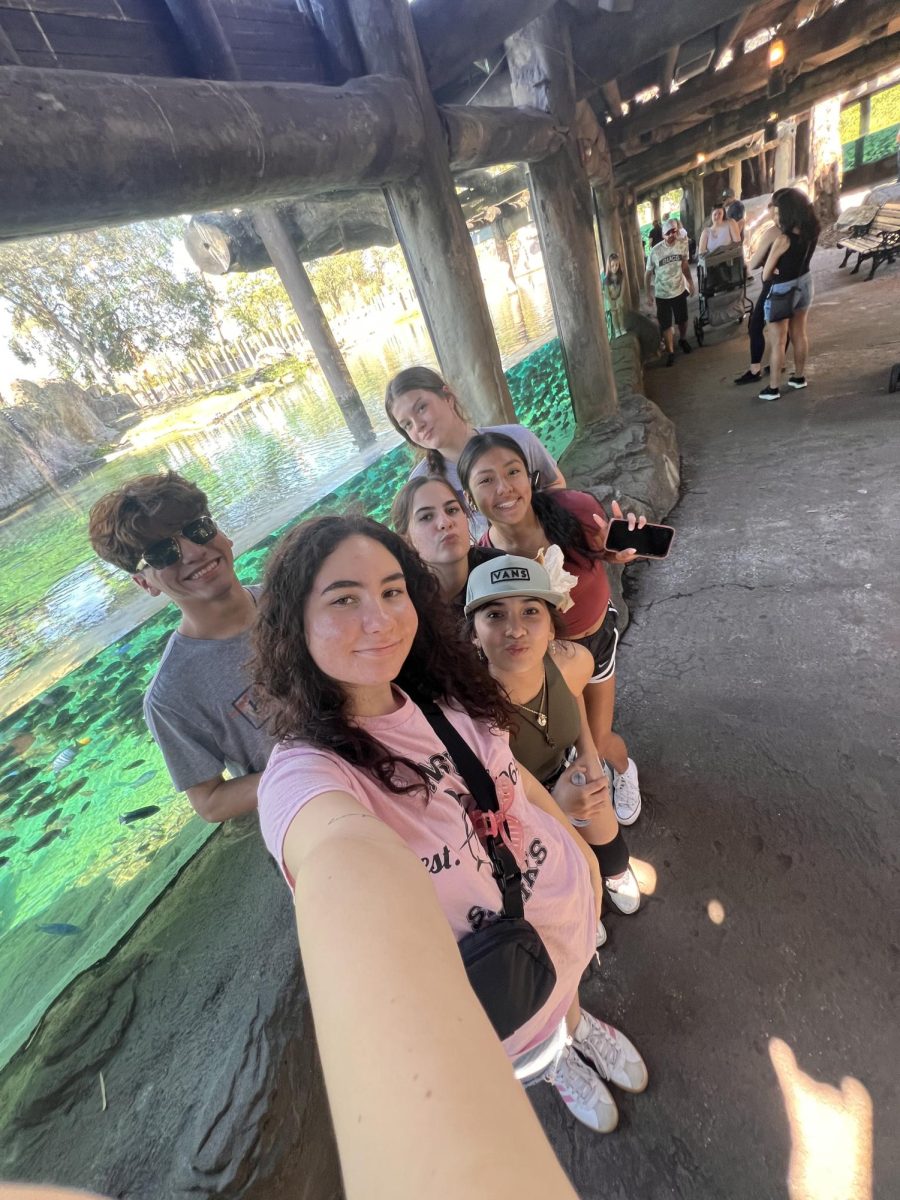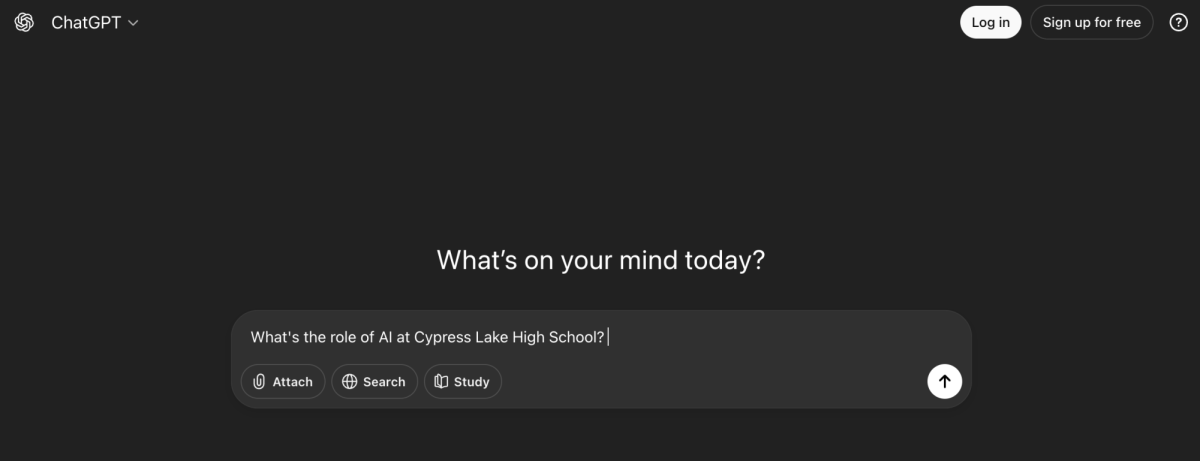Artificial intelligence (AI) has been a rising trend in the developing world of tech. This includes the everyday lives and classrooms of Cypress students, so The Panther Post asked them about how they feel about the developing technology.
AI has become increasingly common with 56% of students feeling as though they are familiar with AI. However, only 43% say they understand how it works. Yet, they continue to utilize it for help in their schoolwork. Brandon Sams says, “AI can help to better explain things a student wants to know that a teacher has little to no information on,” displaying some of the reasons students may choose to use AI for school.
For many, AI has become a tool for completing assignments, studying, or generating ideas. Some students believe that it should be embraced in schools as the next big development, at least for them. Arianna Moss gives some insight to this topic, saying, “There’s definitely certain times and places that it is okay to use at some point that can be dependent on AI.” But 60% of students agree that AI should only be allowed for students to use and that it has no place in a teacher’s role. There is a large concern that if teachers also rely on AI, it could reduce the quality of lessons and grading, which in turn affect the students’ learning.
Panther Post Adviser Ms. Camp disagrees. For her, AI is a tool. “After I’ve explained something two different ways, I often consult AI tools to find other ways to convey the same information. It’s certainly not writing my lesson plans, obviously, but it’s very good at creating a simplified definition or explanation. I used to spend at least an hour writing my vocabulary quizzes, trying to come up with unique ways to use the word that I hadn’t already used in class. Now, that same task takes me 2 minutes – 30 seconds for AI to generate it and about a minute and a half for me to check it over. That gives me more time to work on things that improve student learning.”
Despite how often AI is used, there is common unfamiliarity with how it affects the environment and the mark it leaves on ecosystems. Training and running AI models consume massive amounts of energy and require the use of freshwater. Many students gave insightful responses when asked about the environmental consequences of AI, but just as many were unaware of this phenomenon. Reagan Gould said, “It emits lots of carbon, it takes up a lot of space, which takes homes away from people. AI makes people stupider, and lazy.”
As AI continues to shape education, Cypress students are still figuring out where they stand. The debate surrounding its usefulness in academics and the unanswered questions about its long-term consequences perpetuates.

